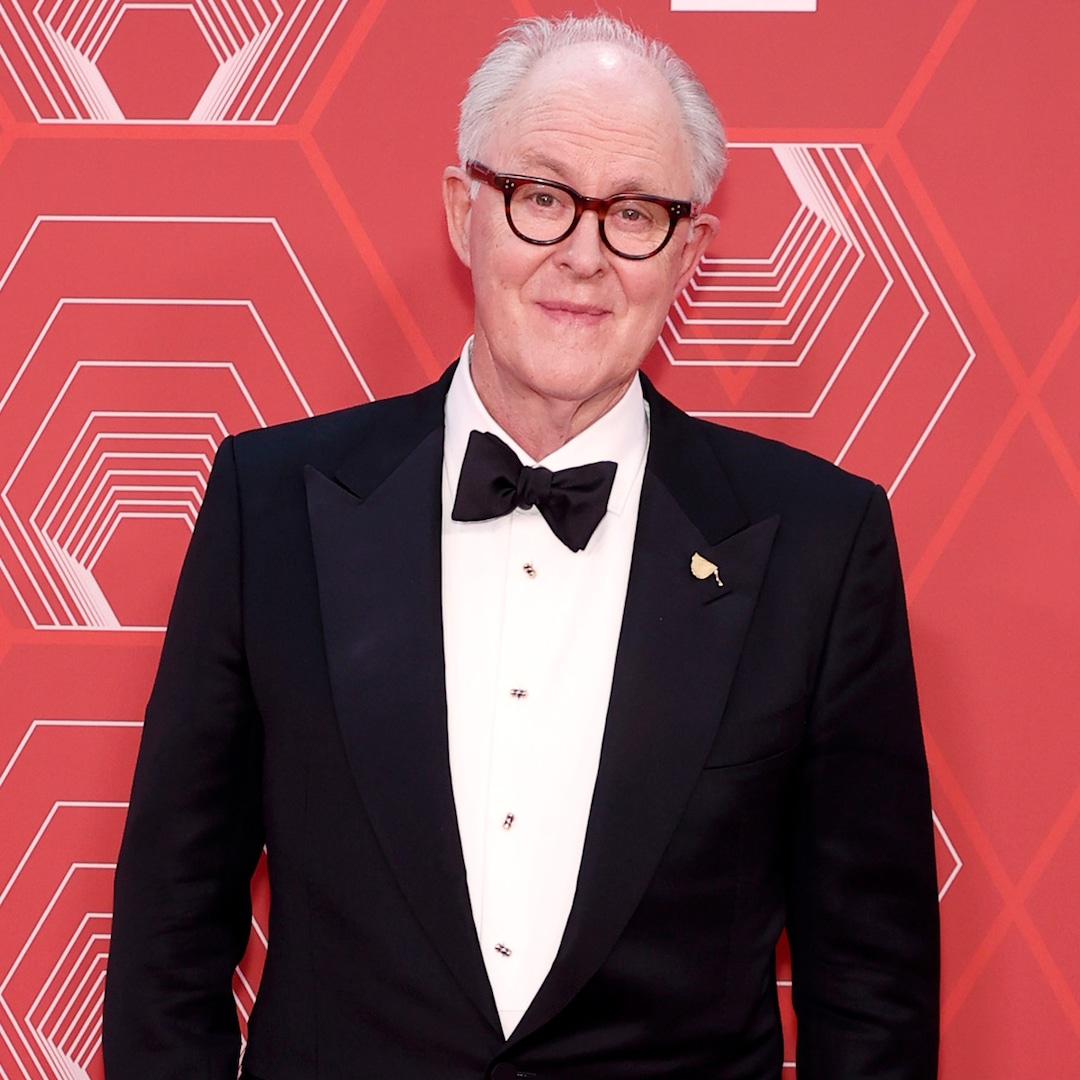Nvidia's chips to China: Is US trading AI dominance for rare earth access?
In a turn of events, a private meeting between President Donald Trump and the CEO of the world’s largest chip manufacturer, Nvidia's Jensen Huang, led to the undoing of a ban on transferring its H20 AI chip to China, a multibillion-dollar boon for the company.
The Commerce Department had restricted sales of the chip in April, costing Nvidia billions of dollars, and undoing the ban was meant as a concession in a minerals deal in which China would stop restricting access to its rare earths.
Nvidia said Monday night it would resume sales of its H20 chip, and Commerce Secretary Howard Lutnick defended the move,
"We don’t sell them our best stuff, not our second-best … the fourth-best chip," he said.
NVIDIA CEO SAYS AI WILL CREATE MORE JOBS DESPITE WORKFORCE CHANGES
Once blocked in April over national security concerns, the H20 is now being approved under the banner of broader trade negotiations, especially in exchange for rare earth mineral access from Beijing. But this shift sparks crucial questions.
Is the U.S. trading a strategic advantage in artificial intelligence or allowing China to become dependent on American technology as a point of leverage?
Critics argue the administration is sending conflicting messages. Just days ago, a White House-sanctioned ban blocked chip sales to the UAE’s G42 AI firm due to China-related security concerns, yet the ban on China-bound H20s is now being relaxed.
Rep. John Moolenaar, chairmain of the House Select Committee on China, condemned the decision, warning that U.S. AI chips could "strengthen China’s military capabilities, suppress citizens and threaten U.S. innovation."
Jack Burnham, AI and tech researcher at the Foundation for Defense of Democracies (FDD), echoed a similar concern. He told Fox News Digital that while the H20 chip is not as powerful as the newer chips, "at the same time, it’s far more powerful than any chip that China can produce at scale, and it’s the chip that China needs exactly in this moment."
"It’s what allows AI to think properly," he said, adding China will use it to develop its own advanced AI models like Deep Seek and is "very likely" to use the chips to further its military modernization effort.
"It’s very important to recognize that this is a place in which the U.S. is particularly ahead. It has an unparalleled advantage, and that's an advantage that the U.S. should continue to try to hold onto," Burnham said.
He said China will rely on U.S. chips to advance its AI only until a Chinese alternative becomes more "cost effective."
But Arnie Bellini, a leading AI and cybersecurity investor, had a different take.
"This is a brilliant strategy from the White House," Bellini said.
"So we’re giving them constrained access to an older chip, and in return we strengthen our own industrial supply chain" in exchange for rare earths minerals, he said.
Bellini added that preventing China from accessing even H20s risks forcing firms like Huawei to build independent AI stacks.
TRUMP'S TOP TECH EXPERT WARNS US CAN'T GET COMPLACENT IN AI COMPETITION WITH CHINA
"Huang knows what he’s doing," Bellini said. "Let China have the H20, because Nvidia is already moving on to more advanced platforms. What they get today will be outdated by the time it’s deployed."
While China would get the chips, it would still need Nvidia’s proprietary platform, the CUDA software, to run its AI models.
"Even when China gets the hardware, they’re still running on a U.S.-controlled software ecosystem. That’s the silent leverage," said Bellini.
Simeon Bochev, a former Apple AI executive and current CEO of Compute Exchange, said he favored lifting the ban. Not doing so would be repeating what happened when the U.S. refused to share its 4G networks with China, he said.
"What happened? We forced China to activate, which is what they did. They developed 5G technology, and then 5G from China became the predominant technology around the world," he said. "We had a lead that we gave up.
CLICK HERE TO READ MORE ON FOX BUSINESS
"We’re not talking about sending proprietary American data to China. What we are talking about is can the leading American company in chips be allowed to sell its technology in a market where they will most likely be able to innovate around that in the coming years?"







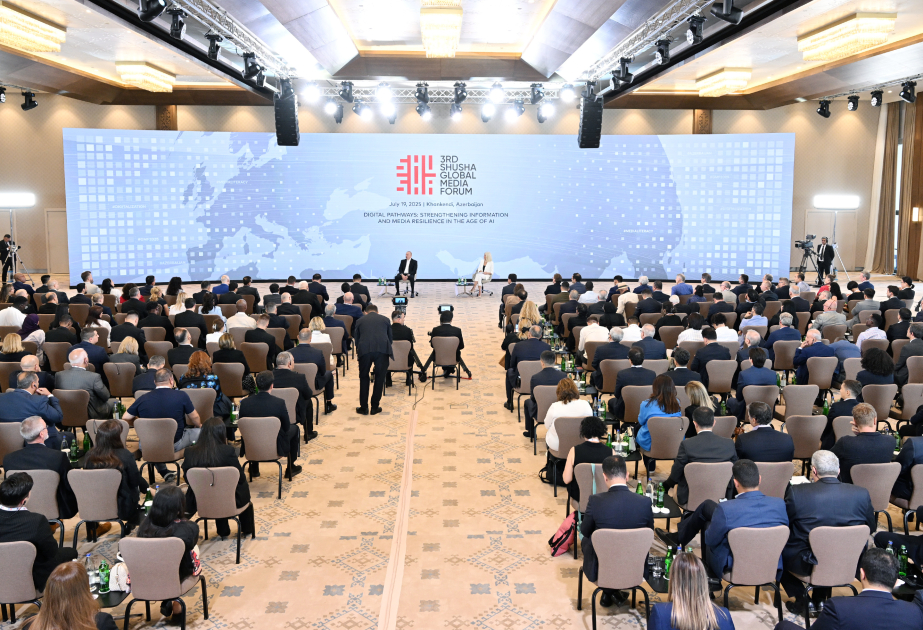
























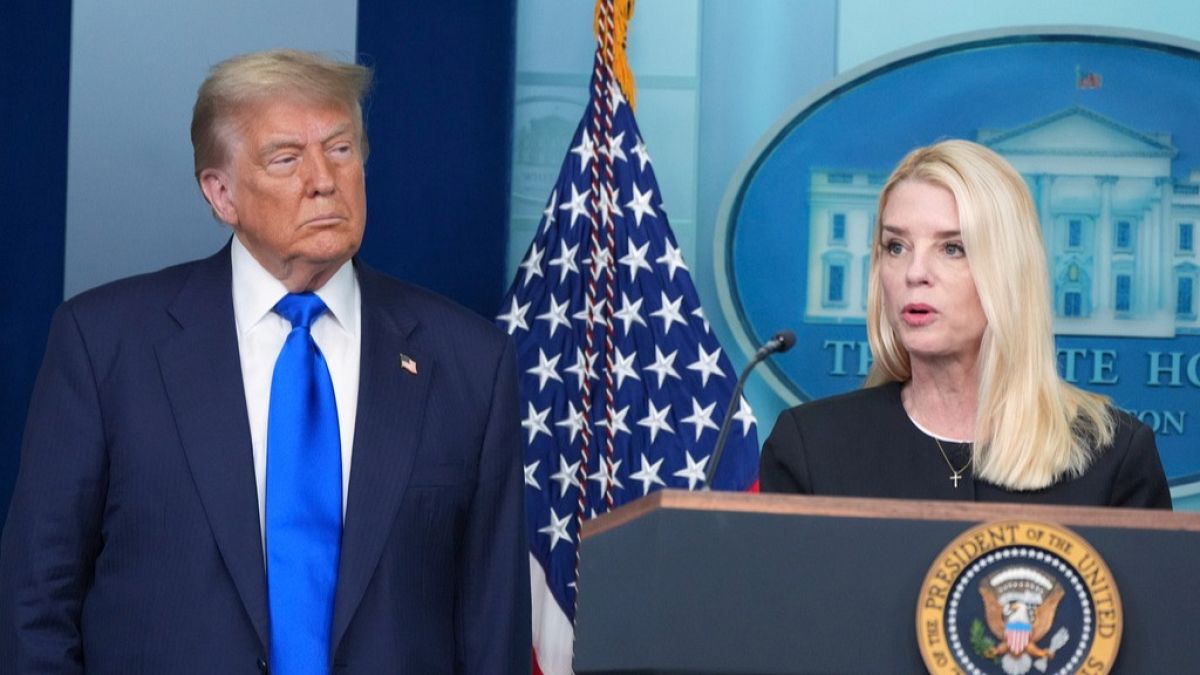






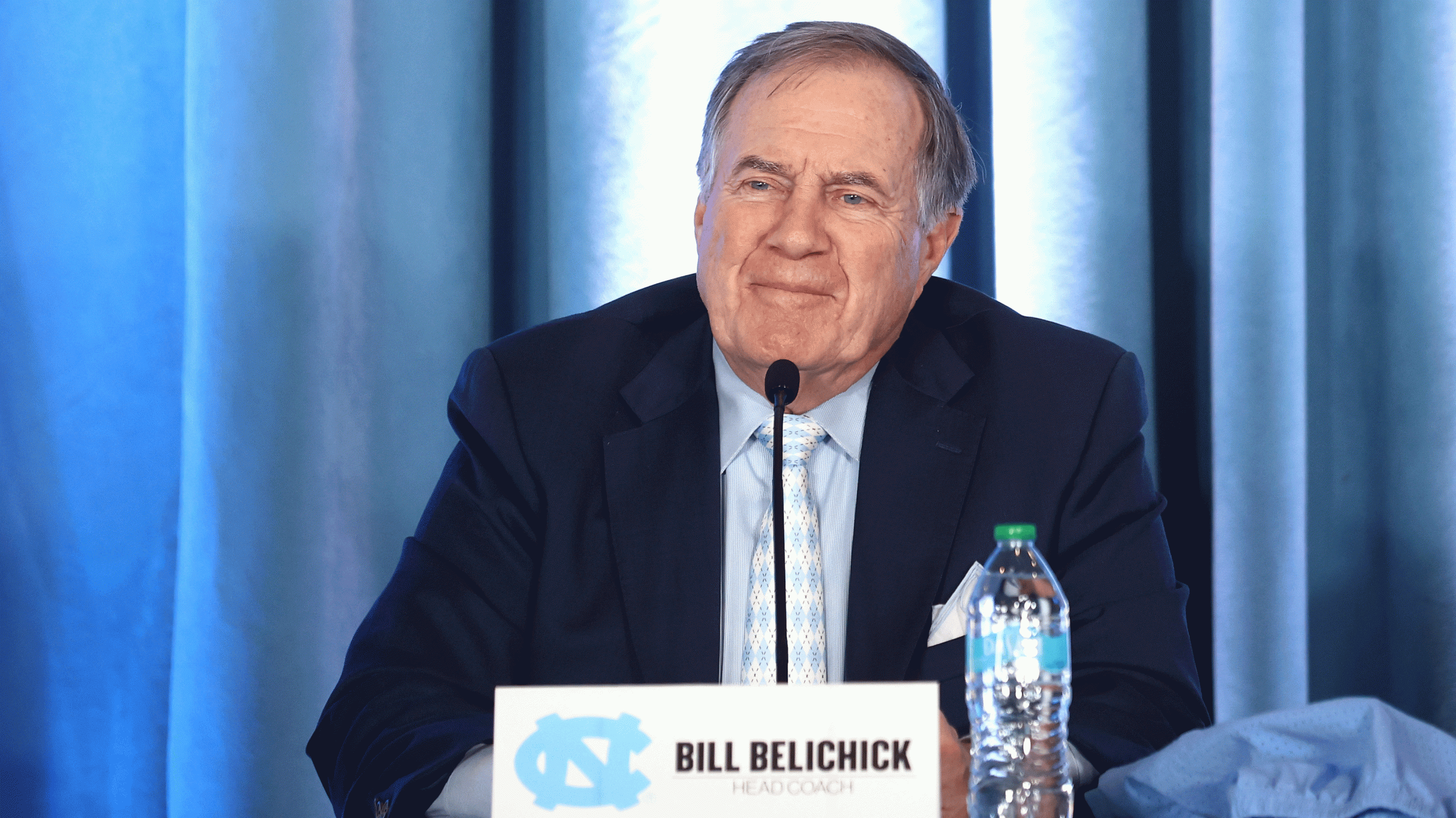



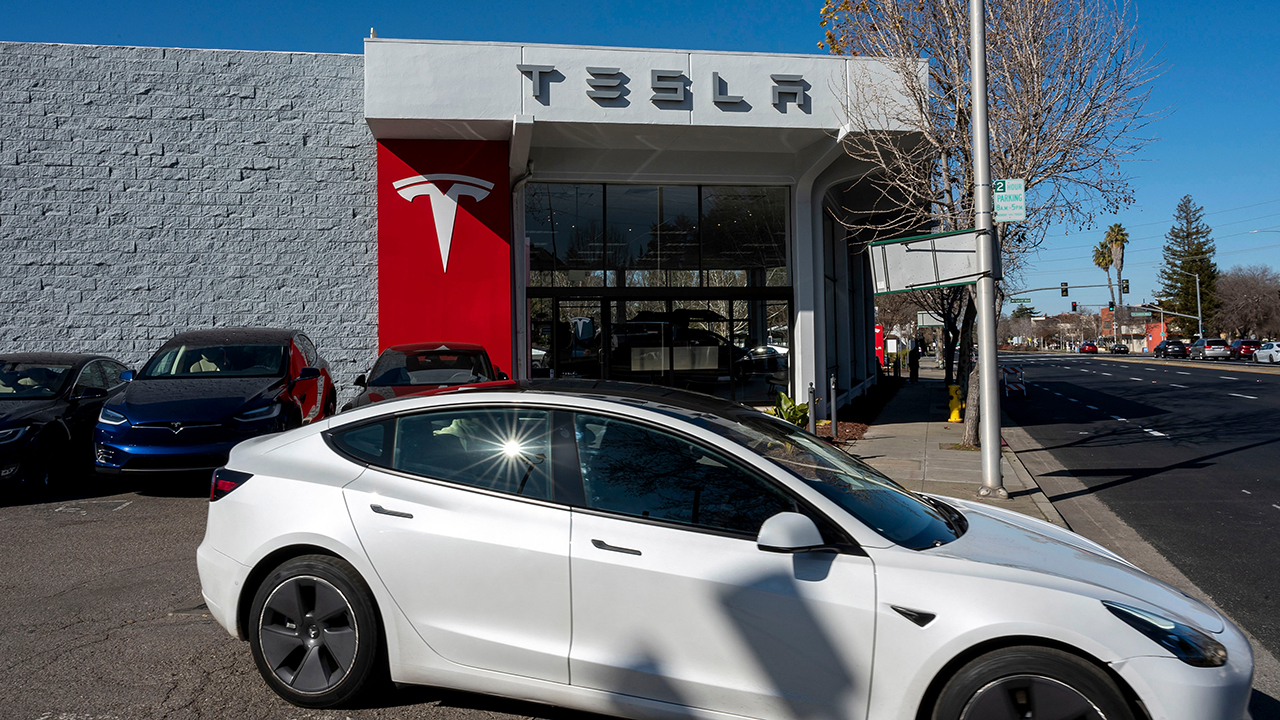







.png?Expires=1838763821&Key-Pair-Id=K2ZIVPTIP2VGHC&Signature=IO0~CT3pU-TcxGc~yoZSmoQx23MZVuK-~4jSii~NKEblRmyO3el7NXPu~Rh1o23voASg7hlcHLw4kvQuDK1jssEhcjoNBBvEpZ~GGOAU6yosBhpHpeF179F~h7i6VxmsBNh9gtTutkoqY73O2YCFey~IAqSzKbBqETP1kP9cAg1916Z1YkJJs-5MliMrkZ5d7-mWGLbpHp2wGj2VlMph8XzYlL4~y1O7fB~JdIS~Rs4RMRs2x0WT1qUIpHAsf3GdwtOyAmKFSpIg8xCyNGZZ5h~13nXlmpd7uPvW8tBfttpG9pFTqcway-uch5WyfHOEfi7UlJCOWrr6fCYY5PMgSg__)





